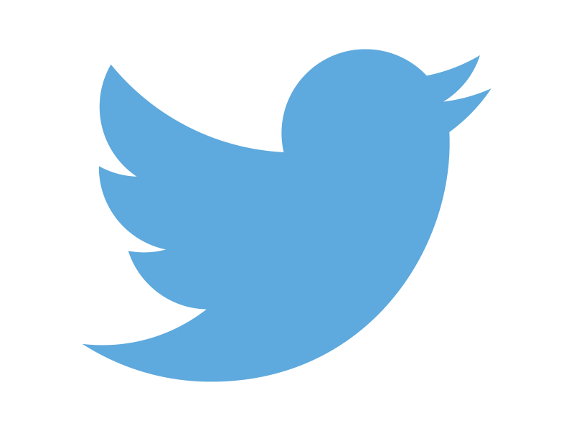
Twitter’s CEO, Jack Dorsey has announced in a tweet that Twitter will no longer allow political advertising globally on the platform. In his tweet, he explains that the reason for this is that Twitter believes that “political message reach should be earned, not bought”.
We’ve made the decision to stop all political advertising on Twitter globally. We believe political message reach should be earned, not bought. Why? A few reasons…🧵
— jack 🌍🌏🌎 (@jack) October 30, 2019
With a lot of anti-trust movements around social media role in political campaigns, Twitter has decided to completely ban political advertising on the platform globally. In Jack’s tweet, he continues to explain his reasoning for the ban. He starts of by explaining how a political message must earn its reach when people decide for themselves to follow it and how paying for the reach completely negates that decision-making capability.
With the rise in machine learning-based optimization of messaging and micro-targeting, unchecked misleading information, and deep fakes, political advertising can prove to be a powerful and dangerous tool to influence millions of people.
Jack goes on to explain how these challenges are present on internet advertising on a whole and that they are trying to make changes beginning with political advertising. They want to remove the idea of a political player paying Twitter to target and force people to see their political ad.
In the end, he provides a final note saying that this is not about freedom of expression, re-iterating that this is about paying for reach. He believes that paying for reach can create problems in today’s democratic infrastructure that it may not be prepared to handle. The policy for the ban will come into effect from November 22nd and will have exceptions to the ban such as ads in support of voter registration.
The move, seen as positive one, will definitely help curb the increasing rise in the amount of political influence in social media through advertising. A prime example of the negative effects of this, is the Cambridge Analytica scandal that showed how a foreign power could influence the elections of another country. It will be interesting to see whether other major social sites like Facebook and YouTube will follow suit or not.
